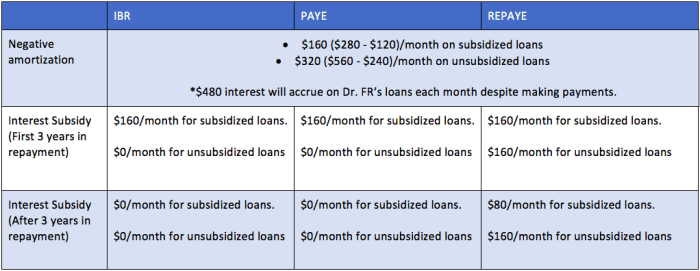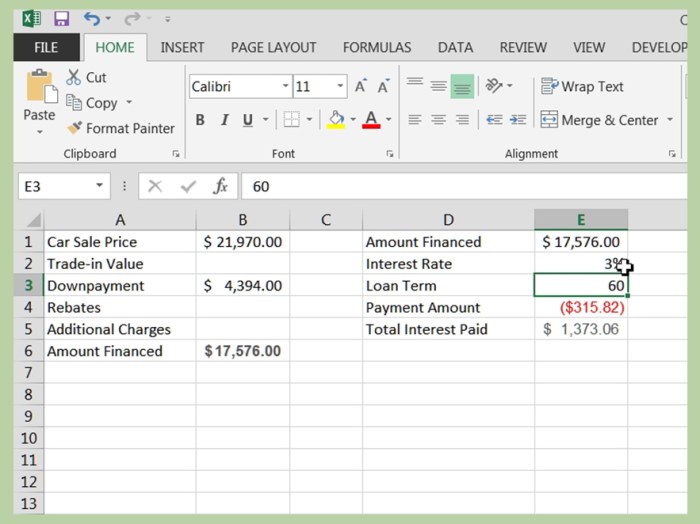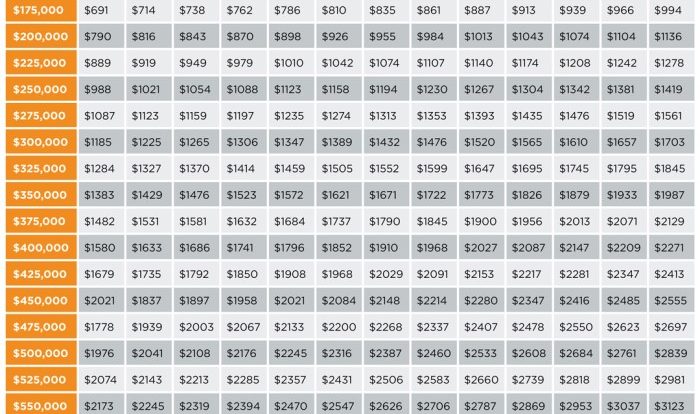Navigating the complexities of auto loan financing can be daunting, but with the right tools and knowledge, you can make informed decisions that align with your financial goals. This comprehensive guide, titled “Compare Auto Loans Worksheet Answers,” delves into the intricacies of loan comparison, empowering you to confidently choose the best loan option for your specific needs.
Throughout this guide, we will explore the key elements to consider when comparing auto loans, including loan terms, interest rates, fees, and repayment options. We will also provide step-by-step instructions on calculating loan costs, comparing interest rates, and understanding loan fees.
Loan Comparison Worksheet
A loan comparison worksheet is a valuable tool that helps you compare multiple auto loans side-by-side to determine the best option for your financial situation. By using a worksheet, you can easily organize and compare the key elements of each loan, such as the loan amount, interest rate, loan term, monthly payment, and total loan cost.
Key Elements to Include
- Loan amount
- Interest rate
- Loan term
- Monthly payment
- Total loan cost
- Fees (origination fees, application fees, closing costs)
- Repayment options (standard repayment, bi-weekly repayment, accelerated repayment)
Loan Comparison Factors
Loan Terms
The loan term refers to the length of time you have to repay the loan. Shorter loan terms typically have higher monthly payments but lower total interest charges, while longer loan terms have lower monthly payments but higher total interest charges.
Interest Rates
The interest rate is the percentage of the loan amount that you are charged for borrowing the money. Interest rates can be fixed or variable. Fixed interest rates remain the same throughout the life of the loan, while variable interest rates can fluctuate based on market conditions.
Fees
Auto loans may come with a variety of fees, such as origination fees, application fees, and closing costs. These fees can add to the overall cost of the loan, so it is important to factor them into your comparison.
Repayment Options
There are several different repayment options available for auto loans, including standard repayment, bi-weekly repayment, and accelerated repayment. Standard repayment involves making equal monthly payments over the life of the loan. Bi-weekly repayment involves making half payments every two weeks, which can help you pay off the loan faster and save on interest charges.
Accelerated repayment involves making extra payments towards the principal balance of the loan, which can also help you pay off the loan faster and save on interest charges.
Calculating Loan Costs
To calculate the total cost of an auto loan, you can use the following formula:
Total loan cost = Loan amount + Interest charges
To calculate the interest charges, you can use the following formula:
Interest charges = Loan amount x Interest rate x Loan term
To calculate the monthly payment, you can use the following formula:
Monthly payment = Loan amount x (Interest rate / 12) x (1 + (Interest rate / 12))^Loan term
Loan Term Options

Short-Term Loans
Short-term loans typically have loan terms of 24 to 36 months. They offer lower total interest charges than longer-term loans, but the monthly payments are higher.
Medium-Term Loans
Medium-term loans typically have loan terms of 36 to 60 months. They offer a balance between monthly payments and total interest charges.
Long-Term Loans
Long-term loans typically have loan terms of 60 to 84 months. They offer lower monthly payments than shorter-term loans, but the total interest charges are higher.
Interest Rate Comparison
Fixed Interest Rates
Fixed interest rates remain the same throughout the life of the loan. This can provide peace of mind knowing that your monthly payments will not change.
Variable Interest Rates
Variable interest rates can fluctuate based on market conditions. This means that your monthly payments could increase or decrease over the life of the loan.
Loan Fees

Origination Fees
Origination fees are charged by the lender for processing the loan application. These fees can range from 1% to 5% of the loan amount.
Application Fees
Application fees are charged by the lender to cover the cost of processing your loan application. These fees are typically non-refundable.
Closing Costs
Closing costs are charged by the lender to cover the cost of closing the loan. These fees can include title fees, recording fees, and attorney fees.
Repayment Options

Standard Repayment, Compare auto loans worksheet answers
Standard repayment involves making equal monthly payments over the life of the loan. This is the most common repayment option.
Bi-Weekly Repayment
Bi-weekly repayment involves making half payments every two weeks. This can help you pay off the loan faster and save on interest charges.
Accelerated Repayment
Accelerated repayment involves making extra payments towards the principal balance of the loan. This can also help you pay off the loan faster and save on interest charges.
Loan Comparison Table: Compare Auto Loans Worksheet Answers
| Loan Amount | Interest Rate | Loan Term | Monthly Payment | Total Loan Cost |
|---|---|---|---|---|
| $20,000 | 5% | 60 months | $363 | $21,780 |
| $20,000 | 6% | 60 months | $379 | $22,740 |
| $20,000 | 7% | 60 months | $396 | $23,760 |
FAQ Compilation
What is the purpose of a loan comparison worksheet?
A loan comparison worksheet is a valuable tool that allows you to organize and compare the key elements of multiple auto loans side-by-side, enabling you to make informed decisions based on a comprehensive analysis.
What are the most important factors to consider when comparing auto loans?
When comparing auto loans, it is crucial to consider factors such as loan terms, interest rates, fees, and repayment options, as these elements significantly impact the overall cost and affordability of the loan.
How do I calculate the total cost of an auto loan?
To calculate the total cost of an auto loan, you can use the following formula: Total Cost = Loan Amount + Interest Charges – Down Payment. Interest charges can be calculated using the formula: Interest Charges = Loan Amount x Interest Rate x Loan Term.
